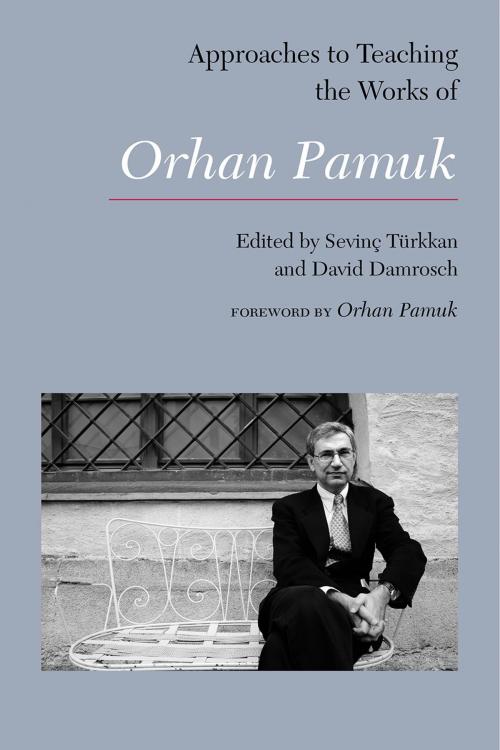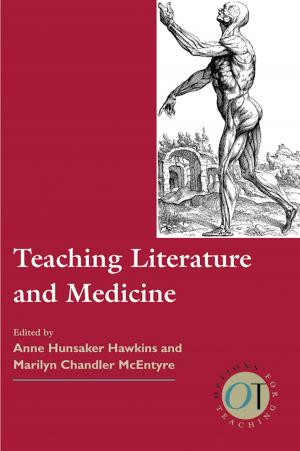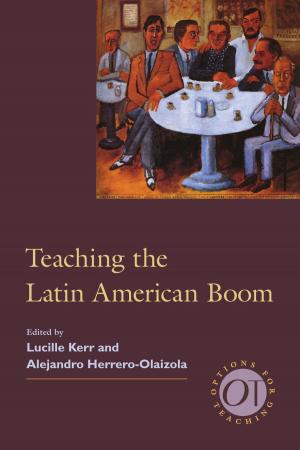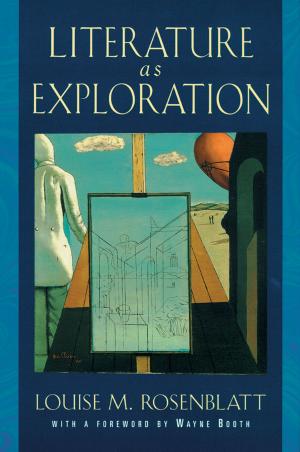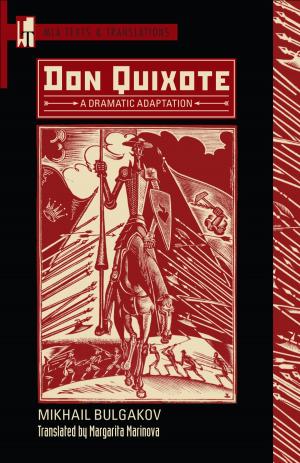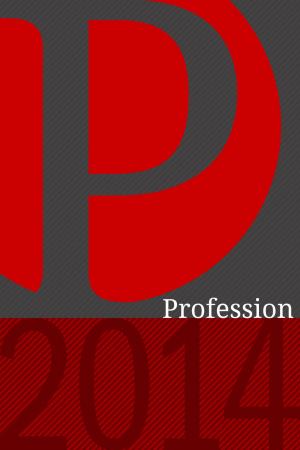Approaches to Teaching the Works of Orhan Pamuk
Nonfiction, Reference & Language, Language Arts, Study & Teaching, Fiction & Literature, Literary Theory & Criticism| Author: | ISBN: | 9781603293204 | |
| Publisher: | The Modern Language Association of America | Publication: | October 1, 2017 |
| Imprint: | The Modern Language Association of America | Language: | English |
| Author: | |
| ISBN: | 9781603293204 |
| Publisher: | The Modern Language Association of America |
| Publication: | October 1, 2017 |
| Imprint: | The Modern Language Association of America |
| Language: | English |
Winner of the Nobel Prize in Literature in 2006, Orhan Pamuk is Turkey's preeminent novelist and an internationally recognized figure of letters. Influenced by both Turkish and European literature, his works interrogate problems of modernity and of East and West in the Turkish context and incorporate the Ottoman legacy linguistically and thematically. The stylistic and thematic aspects of his novels, his intriguing use of intertextual elements, and his characters' metatextual commentaries make his work rewarding in courses on world literature and on the postmodern novel. Pamuk's nonfiction writings extend his themes of memory, loss, personal and political histories, and the craft of the novel.
Part 1, "Materials," provides biographical background and introduces instructors to translations and critical scholarship that will elucidate Pamuk's works. In part 2, "Approaches," essays cover topics that support teachers in a range of classrooms, including Pamuk's use of the Turkish language, the political background to Pamuk's novels, the politics of translation and aesthetics, and Pamuk's works as world literature.
Winner of the Nobel Prize in Literature in 2006, Orhan Pamuk is Turkey's preeminent novelist and an internationally recognized figure of letters. Influenced by both Turkish and European literature, his works interrogate problems of modernity and of East and West in the Turkish context and incorporate the Ottoman legacy linguistically and thematically. The stylistic and thematic aspects of his novels, his intriguing use of intertextual elements, and his characters' metatextual commentaries make his work rewarding in courses on world literature and on the postmodern novel. Pamuk's nonfiction writings extend his themes of memory, loss, personal and political histories, and the craft of the novel.
Part 1, "Materials," provides biographical background and introduces instructors to translations and critical scholarship that will elucidate Pamuk's works. In part 2, "Approaches," essays cover topics that support teachers in a range of classrooms, including Pamuk's use of the Turkish language, the political background to Pamuk's novels, the politics of translation and aesthetics, and Pamuk's works as world literature.
